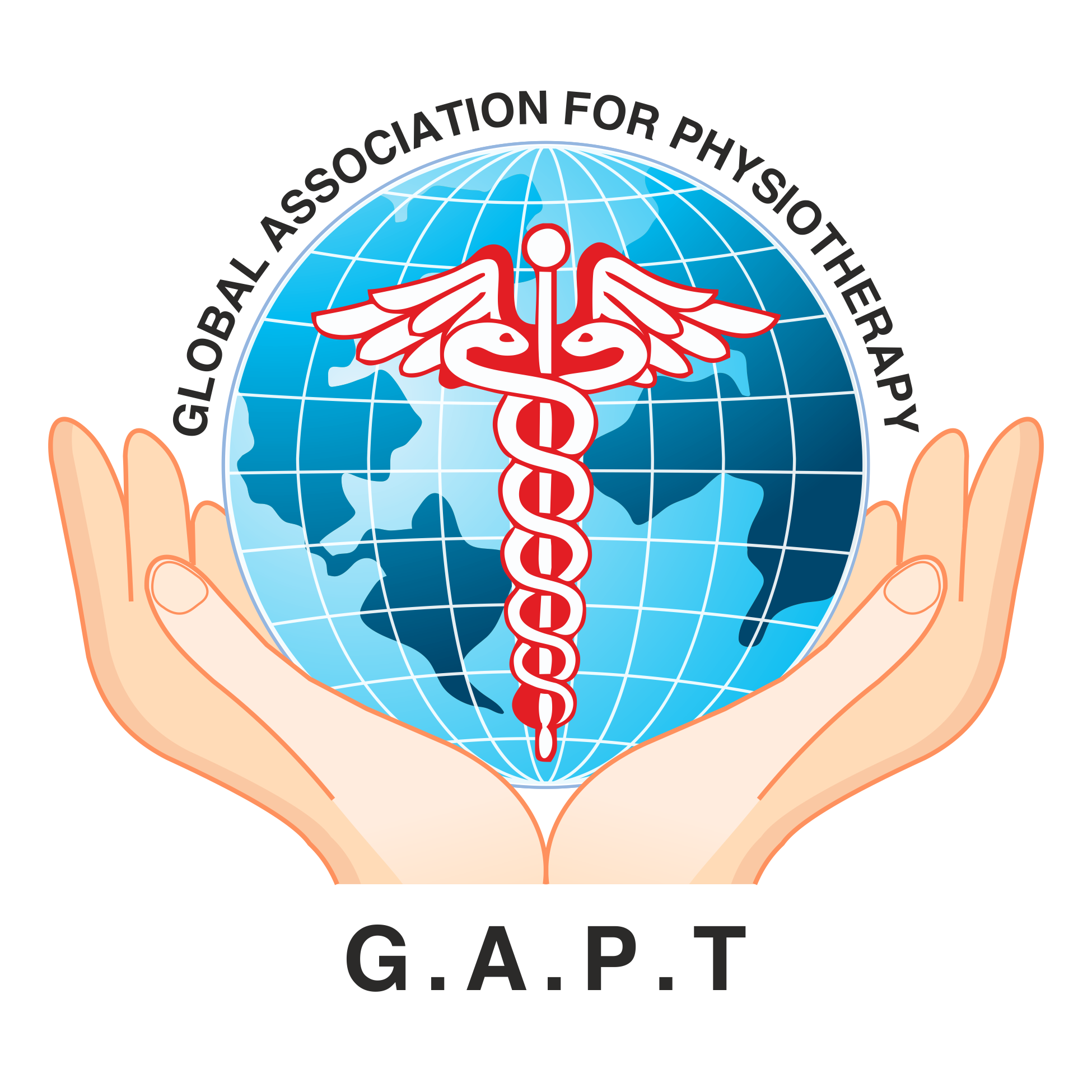
Pain sometimes becomes synonymous with being a woman but, we need to address these issues and take a step towards forestalling and debarring the pains.
One likely step is a step towards physiotherapy management. Physiotherapists are professionals committed to enriching and upholding functional independence and physical performance.
From the onset of puberty, a girl may experience various discomforts related to menstruation till she attains menopause in her life. At different stages of life like during gestation and the post-natal period, there are many musculoskeletal, neurological ailments that a woman has to live with.
A straightforward evaluation and organized exercise program by a physiotherapist are adequate to forestall the medical problems in women across the life expectancy, from the youthful competitor; to the kid-bearing lady; to the menopausal; to the older woman.
In day-to-day life, a woman has to play various roles which leave her with less time for herself. Women have a natural tendency to position their desires below the family’s necessities.
Role:
- Designing specific exercise regimes to ease menstrual discomforts in young girls and women.
- Exercises to encourage general wellbeing during gestation and to deal with ailments like carpal tunnel syndrome, sciatica, neck and shoulder aches, back pains, etc.
- Specific actions to ensure healthy aging for older women, physiotherapy can facilitate and eliminate fall risk factors thereby providing them with balance training and strengthening of the core.
- Weight-bearing exercise can abate bone density depletion for elderly women.
- Physiotherapy aims in improving the health of gravida by illustrating the exercises for different trimesters.
Benefits for some of the top health issues faced by women: –
- Premenstrual condition: A physiotherapist evaluates the actual impact PMS has on the body notwithstanding the risk factors that might impact and deteriorate them, before offering a range of management options and advice.
Treatment may include manual treatment to ease pain, stimulation to relaxation point, electrotherapy. A significant piece of the treatment is showing relaxation techniques and guiding them on self-administration and self-care.
- Heart diseases: Physical therapy can assist with the prevention of the onset of heart disease, and diminish the adverse results of heart disease by executing a therapy program that includes all the contributing factors of the disease.
- Polycystic ovary syndrome: Physiotherapists can provide a followed regime which would help in losing the weight gained due to the storage of estrogen in adipose tissue, helps in lowering insulin levels, and changes in the diet followed by reduction of carbohydrates.
- Osteoporosis: Post-menopausal women are at higher risk of developing osteoporosis. Physical therapy can help to prevent further bone loss and reduce the risk of bone fractures. Strengthening exercises for your bones is of high importance in maintaining the health of osteoporotic bones.
- Urinary Incontinence: Urinary incontinence, also termed as overactive bladder, is the inability to control the flow of urine. Leakage of urine occurs due to weakness of the pelvic floor muscles as a result of injury, pregnancy, surgery, or lack of exercise. Physiotherapy session includes Diet modifications to avoid bladder irritation, Pelvic floor exercises to strengthen the pelvic floor muscles.
- Depression: Exercise has been known to benefit patients with mild to moderate mood disorders, especially anxiety and depression. While performing aerobic exercises your body releases endorphins which are responsible for relieving pain and improving mood.
Hiteshi Kundra
President Jalandhar District
Student Wing (Punjab)
GAPT






